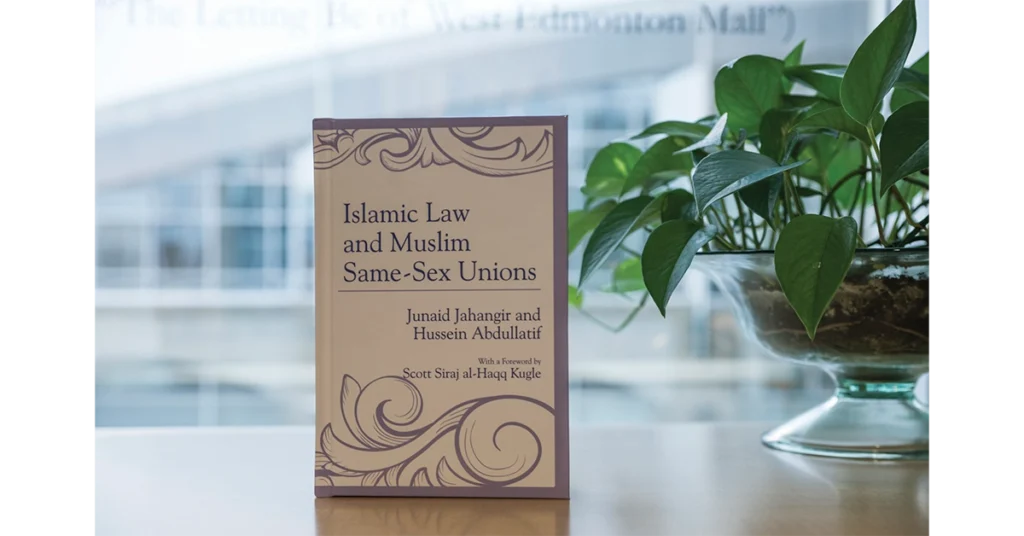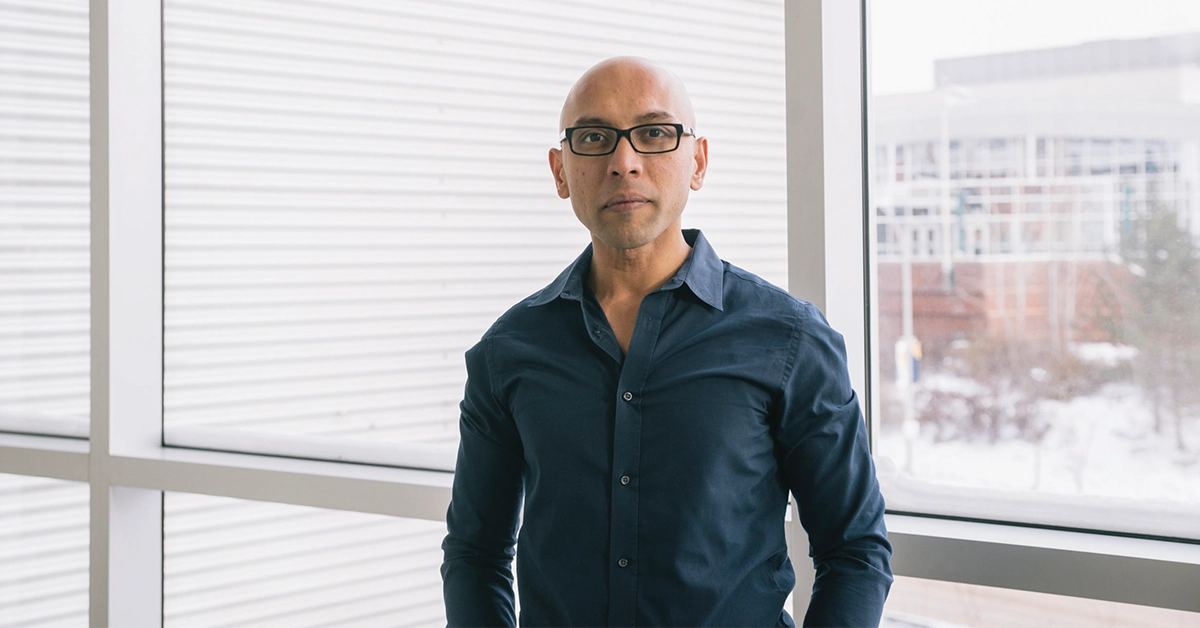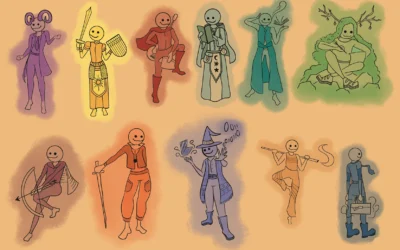Sometimes people who are part of religious minorities feel out of place, uncomfortable, or even endangered while in public – but those feelings generally dissipate when they return to their homes or places of worship.
For some LGBT Muslim youth, however, those feelings never really go away, as being gay is still condemned by many practicing Muslims.
Junaid Jahangir, a professor of economics at MacEwan University and an advocate for gay Muslim youth, said this isolation is common for many LGBT Muslim people. He has been fighting for LGBT voices to be heard for over a decade, and recently published Islamic Law and Muslim Same-Sex Unions – a book that breaks down some of the misunderstandings surrounding how same-sex relationships are perceived in Islam.
The activist first took interest in how homosexuality and Islam fit together in 2004, when, at the age of 27, he realized he was gay.
“Once I recognized my own sexuality, I sort of tried looking for answers in Edmonton,” he said, highlighting visits with psychologists and medical doctors as part of his journey.
During his search for answers, Jahangir wrote an article about showing compassion to those whom he said had been given the “burden” of identifying with a sexuality outside of the norm.
“When I wrote that article, I was viciously attacked (by scholars who study Islam),” he said.
“The problem we face right now is silence.
Deep, freezing silence.”
-Junaid Jahangir
Since then, Jahangir has been passionate about using Islamic scripture, modern logic, and genuine goodness as a means of pushing back against the homophobia that exists within some Muslim communities.
“We have a whole lot of patriarchal garbage which has crept into a beautiful religion,” Jahangir said.
Homophobic rhetoric is, of course, not specific to Islam, or any religion, for that matter. Instead, it can be rooted in fear or a lack of understanding.
In his recently-released book, Jahangir explores and debunks the religious rhetoric commonly used against homosexuality.
One such argument stems from the story of Sodom and Gomorrah, or The Story of the People of Lut, in the Quran. Jahangir said Muslim scholars often pull quotes from that scripture that imply approaching the same sex with lust is a sin, but the ideas they use are taken out of context.
“All of a sudden, when it comes to homosexuality, all of that context, all of that subtlety, that nuance, they flush it down the drain,” he said.
“The verses are there to uplift you, not to oppress you,” he said. “When the verse becomes the cause of oppression, then we need to go back and look at our own understanding – or our misunderstanding – of what the verse is actually saying.”
Similarly, Jahangir said during the process of writing his book, he had many difficult conversations with orthodox Islamic scholars who dismiss the legitimacy of Western medicine and psychology.

“When it comes to medicine and psychology, (people from Eastern countries) learn from the West,” Jahangir said. “When there is consensus amongst the mainstream psychologists and psychiatrists (about the genetic origins of sexuality), then why do we not take that seriously?”
While the arguments against same-sex relationships are frustrating, Jahangir said he finds the lack of support for LGBT youth from the Muslim community to be the most vexing part of his advocacy.
“The problem we face right now is silence,” Jahangir said. “Deep, freezing silence.”
“Our youth are suffering right now,” he continued, highlighting the hatred young Muslim people often face, not only in the forms of homophobia, but also through xenophobia and Islamophobia. “Should it really surprise us when some of them think about suicide?”
Right now, many of the prominent voices in discussions regarding homosexuality and Islam come from orthodox conservatives. In order to change the conversation, Jahangir said it’s important that progressive Muslims voice their support for LGBT people who are marginalized as a result of how they identify sexually.
“I want (progressive Muslims) to get emboldened and raise their voices,” he said. “I want their voices to go higher – so high that they drown out the orthodox voices. That’s what I want to see, and that’s going to be a slow process.”
While the process is slow, change could be coming – or at least there’s a semblance of change.
“Twenty years ago, if you asked any mainstream scholar about this issue, they would’ve said it’s an abomination,” Jahangir said. “They would have said it’s a major sin. They would have said that there is no room for it in the religion.”
“You cannot deny the basic human need for intimacy, affection, and companionship to anyone,” he said.
Because of the increased visibility of LGBT groups and a growing acceptance of same-sex relationships in some societies, many orthodox scholars are still resistant to LGBT people, but have become less verbally aggressive about the issue.
“(Their views) have not softened – they have been modified,” Jahangir said. “Now, their arguments are ‘I am fine with you, but let’s not bring religion into it.’”
While it’s easy to combat hatred with hatred, Jahangir reminds Muslims from all denominations of the common thread that unifies people of all religions: to love one another.
“I don’t want Muslim LGBT youth to be angry,” he said. “I want them to love, and I want them to be at peace.”
Cover photo supplied.





0 Comments